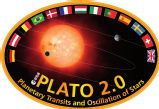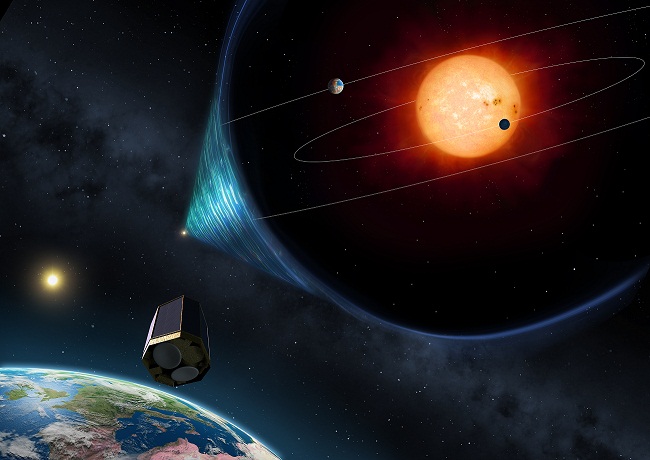PLATO at Warwick
PLATO (PLAnetary Transits and Oscillations of stars) is a European Space Agency (ESA) M-class space mission, scheduled for launch in 2024. The main goal of the mission is the detection of terrestrial planets at distances up to and including the habitable zone of bright, Solar-like stars. The mission will also provide key information on the bulk characteristics (and therefore the habitability) of these planets. Secondary goals include the characterization of thousands of rocky, icy, and gaseous planets, investigation of planetary system architectures, and asteroseismology of thousands of Solar-like stars. To achieve these goals, PLATO will carry out ultrahigh precision, uninterrupted, photometric observations for long periods (up to several years).
Warwick's leading role
The Astronomy & Astrophysics group has a leading role in the PLATO mission.
Prof. Don Pollacco is the head of the Science Management branch (PSM) of the mission consortium, which currently includes over 500 researchers from 14 ESA Member States (as well as several other countries around the world). He also sits on the mission's Management Board, and leads the Exoplanet Science area of the PSM.
Owing to Prof. Pollacco's position within the consortium, Warwick also hosts the PSM project office, which coordinates the activities of the researchers involved in the scientific aspects of PLATO.
Most of the exoplanet researchers within the group have some involvement in either the PSM or the data management branch of the mission (or both).
Links


